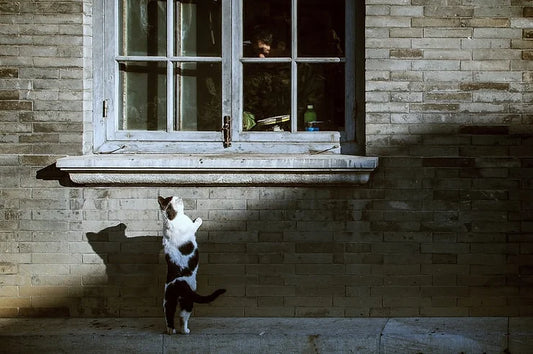
Riddles are called riddles for a reason, they’re puzzling, they’re perplexing and they generally require a good bit of thought to solve. Ironically however, part of a riddle's charm is that the answer tends to be ridiculously obvious.
Do you remember Batman’s nemesis The Riddler, and how he always spoke in riddles?
And how about that funky green outfit he wore riddled with question marks?
So, do you ever get to feeling that way when it comes to your everyday hopes and dreams?
Riddled with questions I mean.
Questions like, “How the heck am I going to do this?” or “How the @^*%# am I supposed to do that?”
Well mull no more, because the answer to these puzzling questions is about to become, yep, ridiculously obvious.
Fact: while they may have wings and fluffy feathers, by and large chickens are incapable of long-distance flight, often going airborne for only a few yards before landing. Therefore, if you rule out divine intervention and transcendental meditation, one can only conclude that when it comes to venturing across the road our foul-feathered friends are left with only one real-world alternative, to do it one cluckin’ step at a time.
Bam! Questions answered. Riddle solved. Where’s that easy button?
Oh but wait, neither the title of this post or the riddle itself is, “How did the chicken cross the road?” It's why, and for good reason, because more times than not, therein lies the real riddle.
Charles A Coonradt, best-selling author of Scorekeeping for Success writes, “Every year in the U.S. there are dozens of major marathons that attract people of all ages and from all walks of life, and out of the hundreds of thousands who compete only one can hold the men's record and only one can hold the women's record. So why is it that running marathons remains such a popular sport? What could possibly be the appeal of a sport in which 99.9% of all participants don't stand a fighting chance of finishing first?”
“The answer,” Coonradt continues, “is that marathons allow everyone to win. Of course everyone entered may not be able to finish first, but everyone who enters can win, and that's because marathons provide us with an opportunity to tap into man's oldest yardstick of accomplishment, which is simply being better than we've been in the past.”
Okay, so we now know why folks run marathons, but that still doesn’t answer the question, why did the chicken cross the road?
To get to the other side, right?
Ahh, but what do you suppose was on the other side? A mouth-watering watering hole perhaps. Or maybe a ravishing specimen of the opposite gender?
Or maybe, just maybe, it was something more than that. Maybe getting to the other side meant getting to a better place, a place that allowed this chicken to, well, spread his/her wings and fly; to strive for something, to accomplish something - to become a slightly better bird than before.
Whether it’s hoofin’ it across the road, i.e., a short-term task, or running a long and laborious marathon, i.e., a lifelong ambition, we all have our own unique reasons for doing what we do. We all have our whys, and it would be wise to check in with those whys every now and again, to sit down and have a one on one chat, and bravely ask, “Why?”
Why? Because at the end of the day why is what fuels the fire, and unless you can answer this discerning question with ironclad conviction, unless it’s "ridiculously obvious," chances are you're going to toss in the towel long before you ever get the glorious opportunity to spread your own wings and fly.
And that would be a downright shame.
It was Scottish author William Barclay who wrote, “There are two great days in a person's life, the day we are born, and the day we discover.
See ya soon, till then, keeep it up



